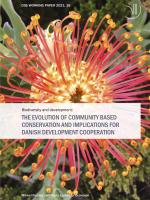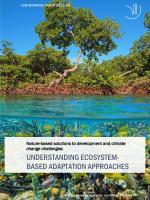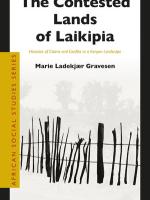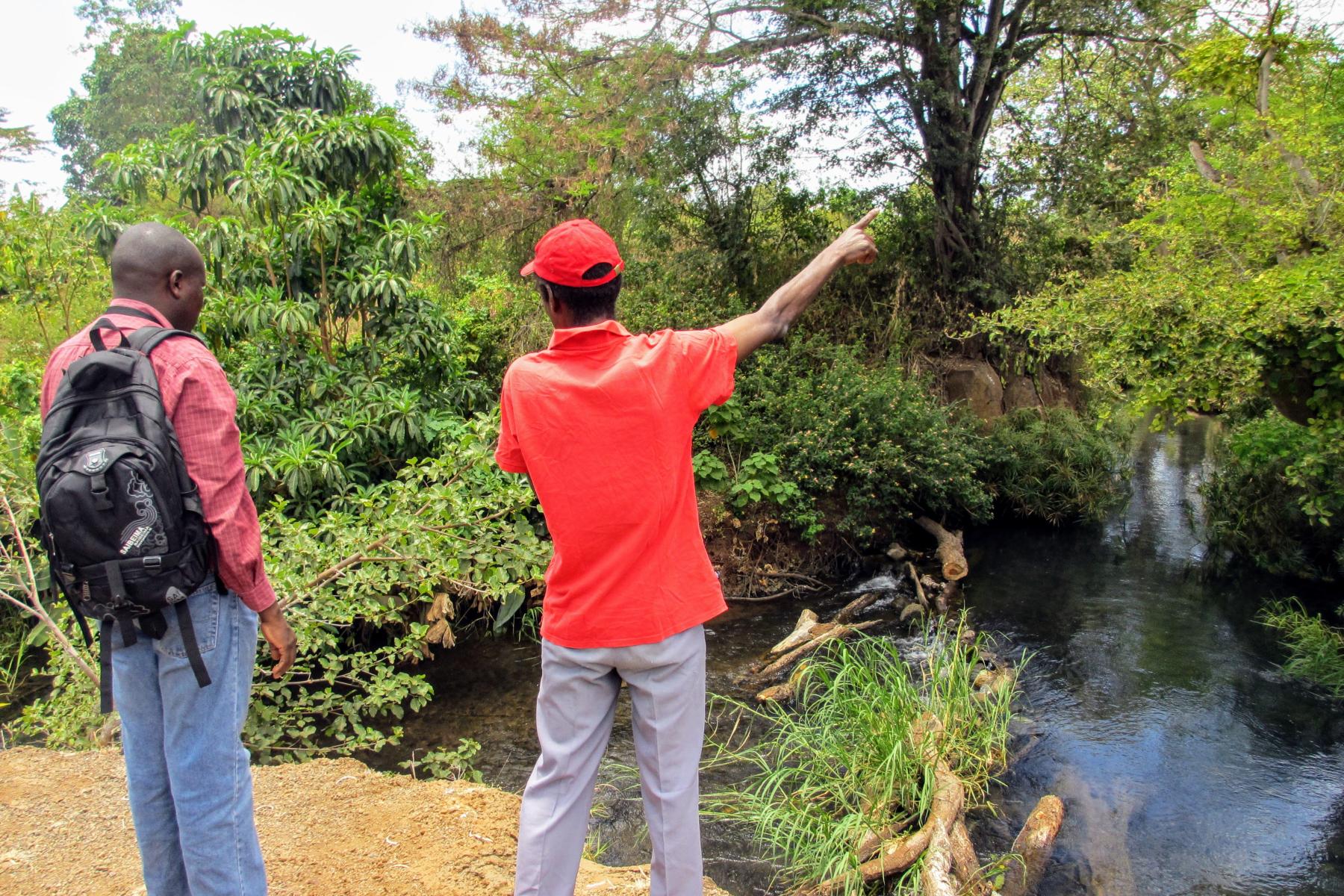Biodiversity and Development
Loss of nature and biodiversity constitutes a major global crisis for environment and development and interacts closely with the climate crisis. After a period of limited attention, conservation is again rising on the agenda of development cooperation, especially in the context of Nature-based Solutions.
There is a growing consensus that biodiversity goals can only be achieved by focusing more on conservation outside conventional protected areas. This offers new opportunities for both conservation and development, but it also poses a risk of ‘green grabbing’ whereby communities loose access to land and natural resources that are key for their survival and resilience. In the support to biodiversity conservation, attention to Community Based Conservation (CBC) is therefore critical. However, CBC approaches are not new and have not always worked. Future support to such approaches must therefore learn from the past and incorporate new directions.
This DIIS Working Paper, written by Mikkel Funder and Marie Ladekjær Gravesen, DIIS, provides an overview of the evolution of community-based biodiversity conservation since the 1980s, where new approaches are heading, and what the overall lessons are so far. On this basis it provides recommendations for how Denmark’s development cooperation can support community-based conservation.
The paper focuses on the socioeconomic and governance dimensions of community-based conservation and draws particularly on experiences from area-based conservation in the African setting. The study finds that:
• CBC has developed and expanded but is not yet consolidated on the ground
• Community rights to land and natural resources are critical for successful CBC
• CBC must be better anchored in local livelihoods and economies
• Economic compensation and income substitution is not enough in itself
• A growing emphasis on CBC in ‘working landscapes’ offers potential
• National associations and networks have been important platforms for CBC advocacy
• There is a need to strengthen horizontal and vertical institutional links for CBC
The paper recommends that Denmark should:
- Strengthen support to community-based conservation outside protected areas. Denmark can play an important role in helping to ensure that conservation in these spaces is done in the right and most effective way, i.e. that it benefits biodiversity while also strengthening the rights and livelihoods of communities.
- Integrate support to CBC with support to climate change adaptation and resilience. With the right approach, Ecosystem Based Adaptation offers good scope for protecting and improving the conditions for both biodiversity conservation and development.
- Support protection of the land- and governance rights of communities and indigenous peoples in biodiversity conservation. Denmark should (i) advance legal recognition and enforceable safeguards of rights-based approaches in the implementation of the CBD’s post-2020 global biodiversity framework; (ii) support practical application of the IUCN’s Natural Resource Governance Framework and standards for Nature Based Solutions; and (iii) prioritise multilateral and bilateral support to conservation initiatives that actively sustain and strengthen community land rights as part of the solution.
- Support CBC approaches that transcend the conventional separation between human production and conservation. This entails a broad approach to biodiversity conservation which goes beyond species protection in isolated islands of ‘wild nature’. A key emphasis should be on supporting CBC in ‘working landscapes’, i.e. strengthening existing sustainable production systems in crop farming areas, rangelands, forests, wetlands, urban areas etc.
- Support CBC schemes to become more firmly anchored in local resource use economies. Many conventional CBC schemes - especially in the African setting – are heavily dependent on international leisure markets such as tourism/hunting and on recurrent donor funding. This poses risks, as illustrated by the major funding concerns for African conservation following the Covid-19 epidemic. A more diversified strategy is needed.
- Facilitate bio-cultural approaches to the governance of biodiversity conservation. This means accepting a diversity of conservation values and that conservation will look different from place to place. It entails an approach in which CBC arrangements are tailored to the socio-ecological and cultural context - rather than following a universal model - but which also builds broader nested governance frameworks for negotiation, decision-making, conflict resolution and knowledge sharing.
- Alongside place-based conservation, it is critical to sustain and strengthen Denmark’s efforts to engage with the broader drivers of biodiversity loss at global and national levels. While CBC is critically important for conservation, it cannot on its own address wider drivers of biodiversity loss.
This DIIS Working Paper has received financial support from the Ministry of Foreign Affairs of Denmark. It reflects the views of the authors alone.
DIIS Eksperter







